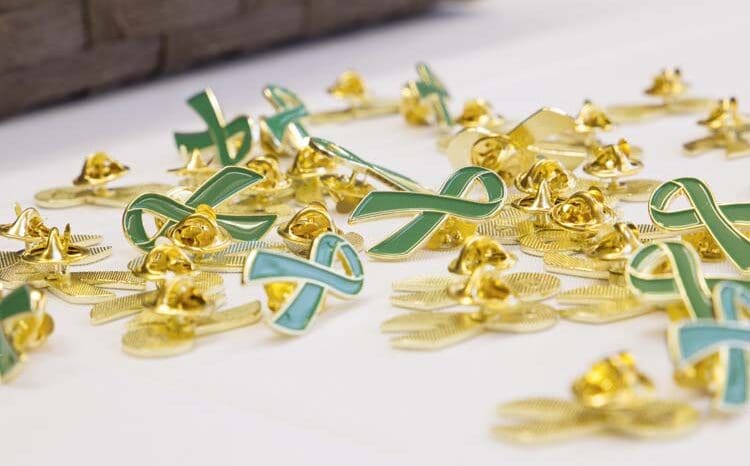If you are registered as an organ, eye, and tissue donor, at some point you may wonder whether age or health challenges would make you ineligible to donate. The short answer is no. Very few medical conditions automatically disqualify you from donating. There may be instances where certain organs may not be suitable for transplantation but tissues could be fine.
If you’re also concerned about being ‘too old” to donate, don’t be. In 2021, at age 95, Cecil F. Lockhart became the oldest recorded organ donor in United States history. St. Louis resident Delores Johnson passed away at the age of 88 and was able to donate her liver. Lockhart and Johnson’s stories are proof that no matter how old you are, you still have the potential give the gift of life through organ and tissue donation.
Because organ and tissue donation is carefully reviewed by a team of medical professionals at the time of death, you shouldn’t rule yourself out as a potential organ donor even if you suspect that you may no longer be eligible.
These are some of the most common questions that get asked as it relates to the organ donation registry.
Should I share my wishes?
Whether you’ve been a registered organ donor for years or recently added your name to the registry, make sure you tell your family you’re an organ donor. Each year, hundreds of opportunities for transplants are missed because families aren’t sure what to do, in part because their loved one hadn’t made their wishes clear.
Do I become ineligible to be a donor when I reach a certain age?
You have the potential to save lives regardless of your age. In fact, there is no age limit for registering to become an organ and tissue donor. According to national statistics, more than 30 percent of all deceased organ donors in the United States since 1988 have been aged 50 or older.
Seniors can even be living organ donors as long as they are healthy enough to donate and don’t have cardiovascular disease, cancer or other major conditions. Frank Dewhurst at age 84 did just that for his neighbor. It’s possible to pass on the gift of life through tissue and eye donation well into your 90s or even past 100 years old. A series of tests by medical professionals determine a person’s eligibility to be an organ, eye, and tissue donor.
Does being sick mean I can’t be an organ donor?
Any and everyone should be on the organ donor registry regardless of health status. Even if you have a condition that makes donation of a major organ impossible, it can still be possible to pass on the gift of life through tissue and cornea donation.
If I’ve had cancer, can I still be a registered organ donor?
The quick answer to this one is that it depends but you shouldn’t rule yourself out. We go into more details about organ donation and cancer in this post. Standard guidelines shared by organ procurement organizations (OPOs), which facilitate every organ transplant in the United States, do not recommend accepting organs from people with “actively spreading cancer.”
Patients who suffered from leukemia, lymphoma including Hodgkin’s Disease, myeloma and other cancers of the blood are not eligible to donate. However, patients with a history of many other types of cancers that received successful treatment are considered eligible for organ donation provided the organs did not sustain any damage from prior cancer treatment. Typically, organ donation requires that patients were cancer-free for several years at the time of death, but lower risk precancerous conditions and squamous or basal cell skin cancers may have a shorter time requirement.
Does my religion support organ donation?
All major religious groups support organ and tissue donation and transplantation, as long as it does not impede the life or hasten the death of the donor. Donate Life America includes a series of statements made by different faith denominations addressing organ, eye, and tissue donation and transplantation.
Why you should remain on the donor registry
Whether you’re already a registered organ, eye and tissue donor or the question is asked when you renew your driver’s license, it may be tempting to rule yourself out from registering based on your medical history or your age. No matter the scenario, you should never rule yourself out from potentially saving and healing lives as your legacy. By registering as an organ or tissue donor, you can bring hope to patients and families who are holding out for a miracle.



